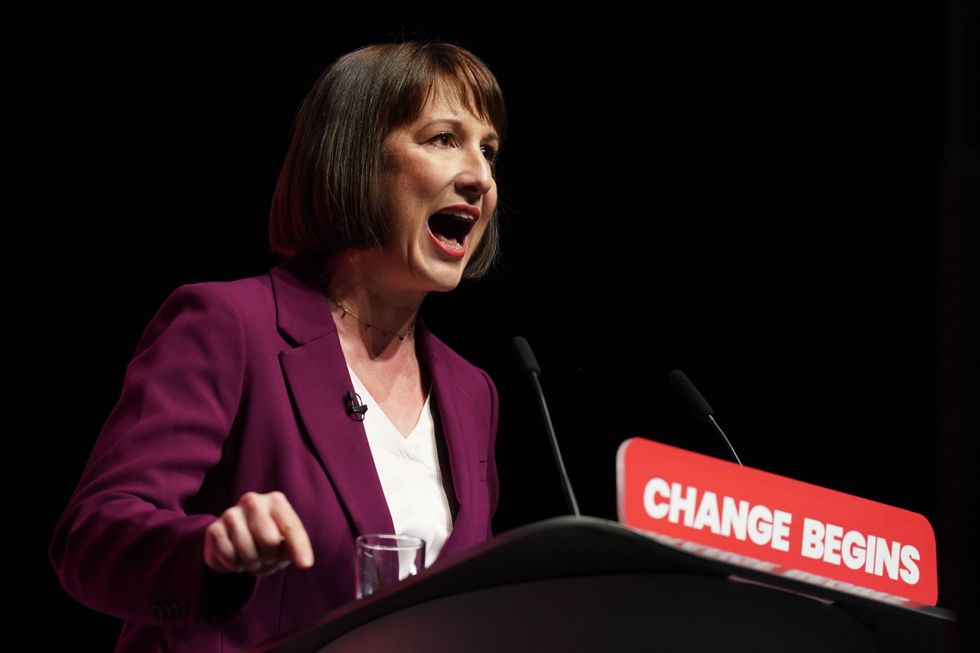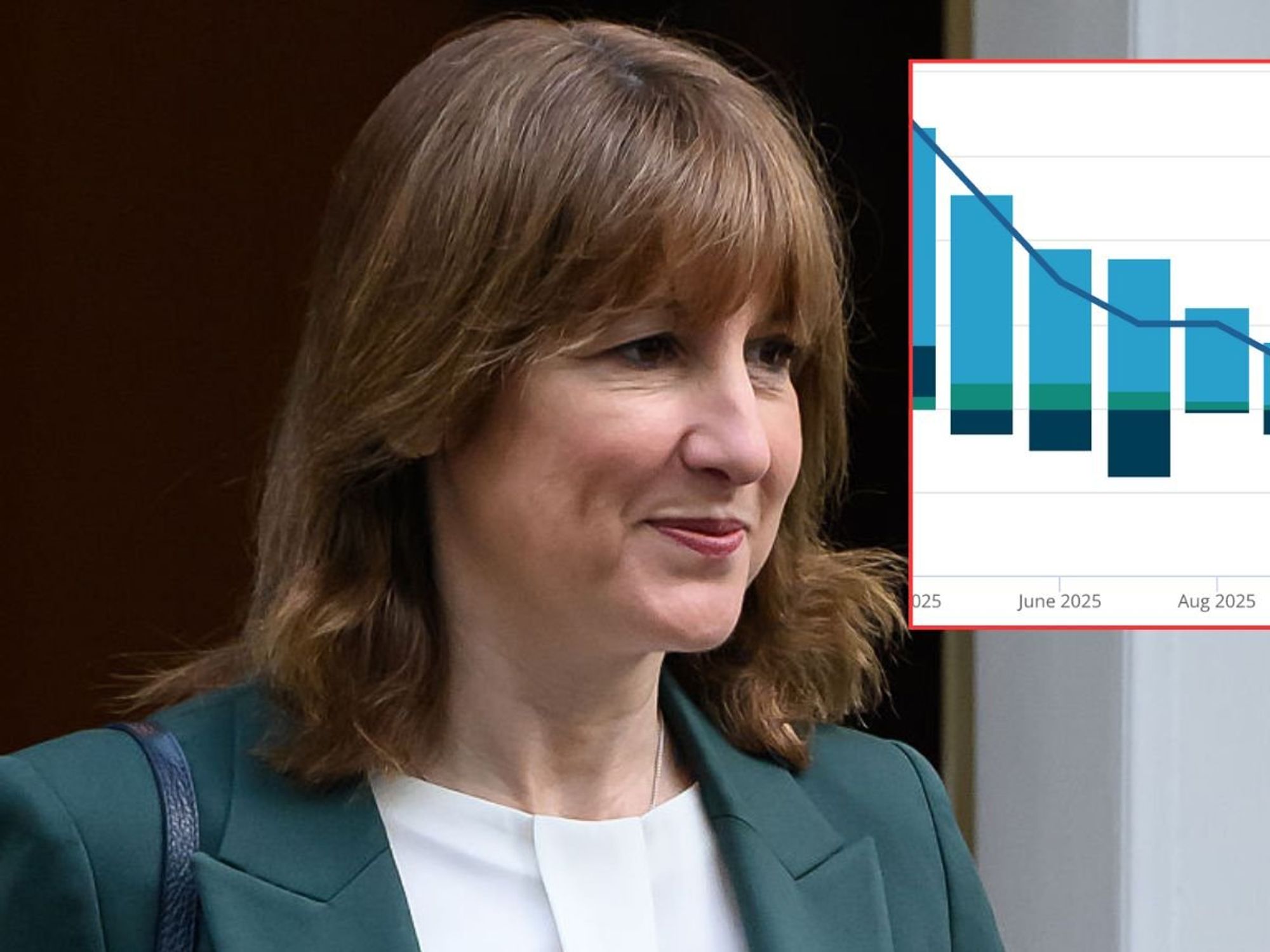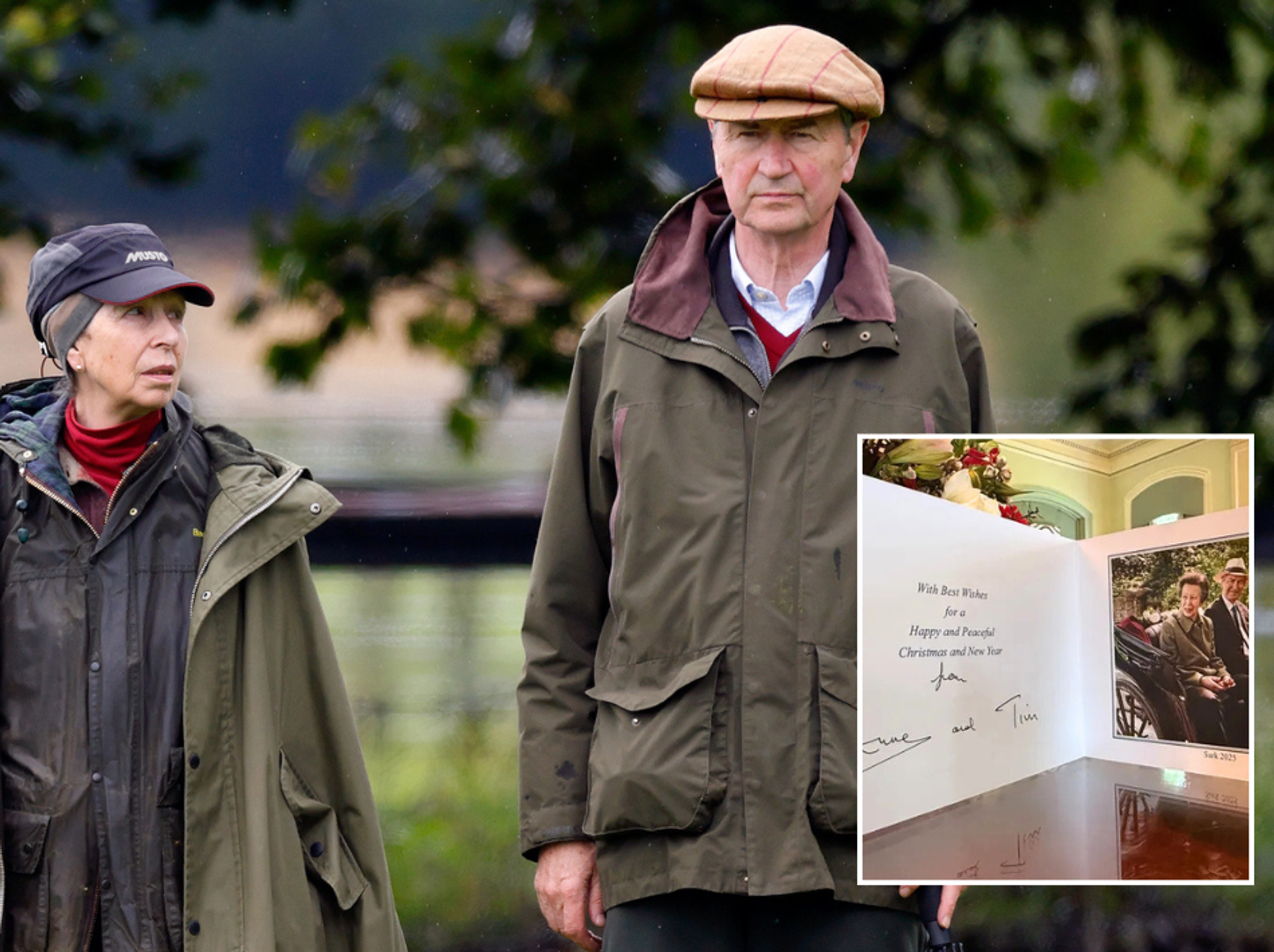Rachel Reeves plots 'unprecedented' £40bn tax rises as Budget looms

Reeves is understood to be plotting £40billion in tax rises
|GETTY/PA

Britons could be hit with further tax rises following this month's Budget
Don't Miss
Most Read
Chancellor Rachel Reeves is looking into implementing up to £40billion in tax rises and spending cuts in the upcoming Budget, as the Government aims to avoid a return to austerity.
The Treasury has identified a larger funding gap than previously reported, surpassing the £22billion "black hole" frequently cited by Reeves.
This revelation came to light during a Cabinet meeting on Monday, where the Chancellor informed ministers that addressing the initially reported deficit would only maintain current public services.
The expanded £40billion target is intended to safeguard key departments from real-terms cuts and bolster the economy.
Prime Minster Keir Starmer has acknowledged the need for "tough decisions" in the Budget, scheduled for October 30.
Starmer has not ruled out an increase in employers' National Insurance contributions.
Do you have a money story you’d like to share? Get in touch by emailing money@gbnews.uk.
 Chancellor Rachel Reeves will deliver Labour's first Budget on Wednesday 30 October | PA
Chancellor Rachel Reeves will deliver Labour's first Budget on Wednesday 30 October | PAHowever, he maintains that Labour will honour its manifesto pledge not to raise taxes on working people, including income tax, VAT, and National Insurance.
The commitment to avoid tax hikes for workers has raised questions about whether this extends to employers' contributions.
Business leaders have cautioned that increasing their national insurance payments would effectively act as a "tax on jobs".
Experts suggest that ministers need to find £20billion to prevent cuts to unprotected departments. Additional funds are required to avoid a sharp decline in investment spending.
While some of this could be achieved by altering the Government's debt calculation method, economists argue that tax increases are likely unavoidable to prevent a squeeze on day-to-day spending.
Institute for Fiscal Studies (IFS) chief Paul Johnson has described the potential £40billion tax hikes as "extraordinary" and "unprecedented". Speaking on BBC Radio 4's Today programme, he explained:
"£40billion pounds is a big number, you can get there relatively easily actually in terms of the scale of additional spending that will be required down the line."
Johnson suggested that while some of this could be covered by changes to fiscal rules and existing tax plans, a significant amount would remain.
He added: "If they're looking for £20 or £30billion of tax rises, in the end, they will have no choice but to do something with income tax."
Recent inflation figures released by the Office for National Statistics (ONS) show a drop below the Bank of England's target rate for the first time since April 2021.
LATEST DEVELOPMENTS:
 Chancellor Jeremy Hunt and Rishi Sunak when he was Chancellor have frozen income tax thresholds - which won't rise until 2028 | GETTY
Chancellor Jeremy Hunt and Rishi Sunak when he was Chancellor have frozen income tax thresholds - which won't rise until 2028 | GETTYConsumer Prices Index (CPI) inflation fell to 1.7 per cent in September, down from 2.2 per cent in August.
The lower inflation rate will reduce the cost of the benefits bill. However, it also means less revenue will be raised through fiscal drag, the process by which frozen tax thresholds pull people into higher tax brackets.
IFS chief Paul Johnson noted these mixed consequences, highlighting the complex economic landscape the government must navigate in its upcoming Budget decisions.
A Treasury spokesman declined to comment on speculation regarding tax changes outside of fiscal events.










